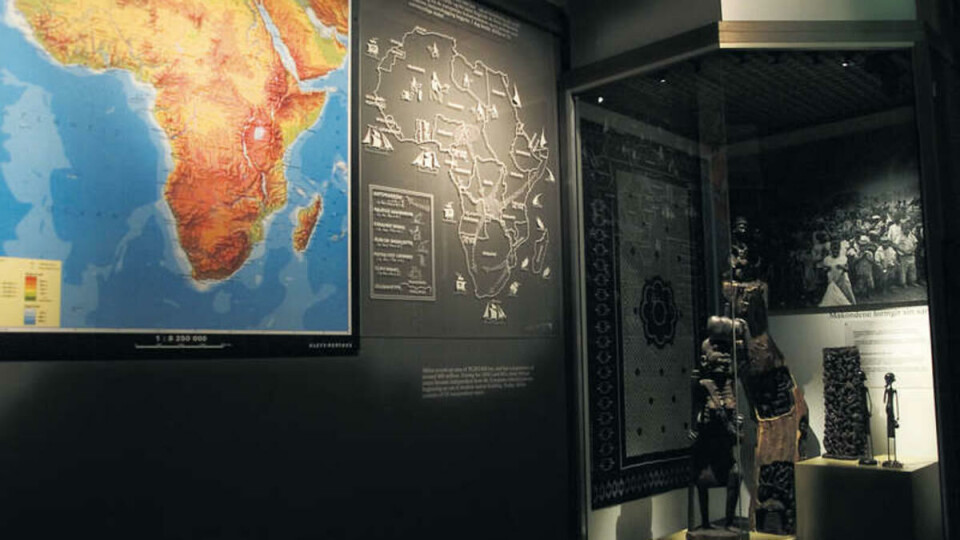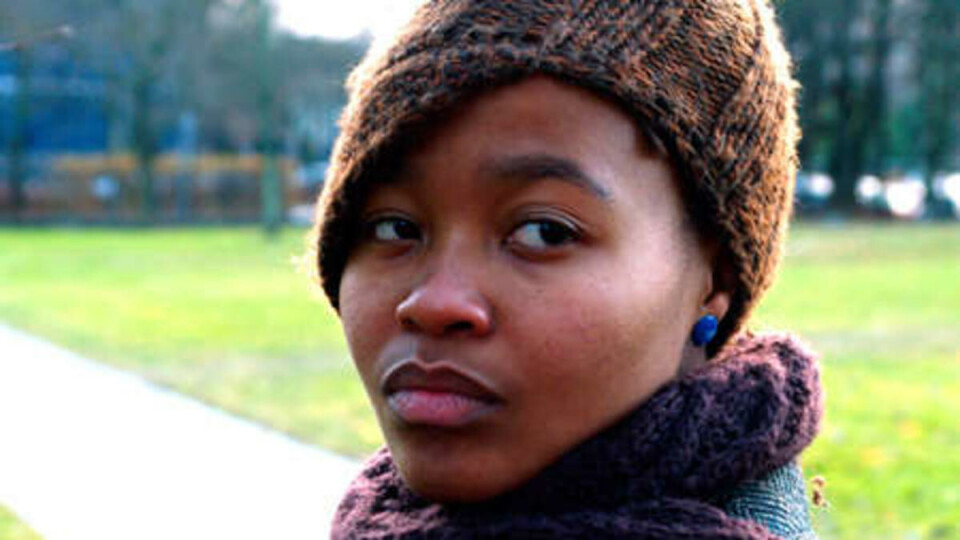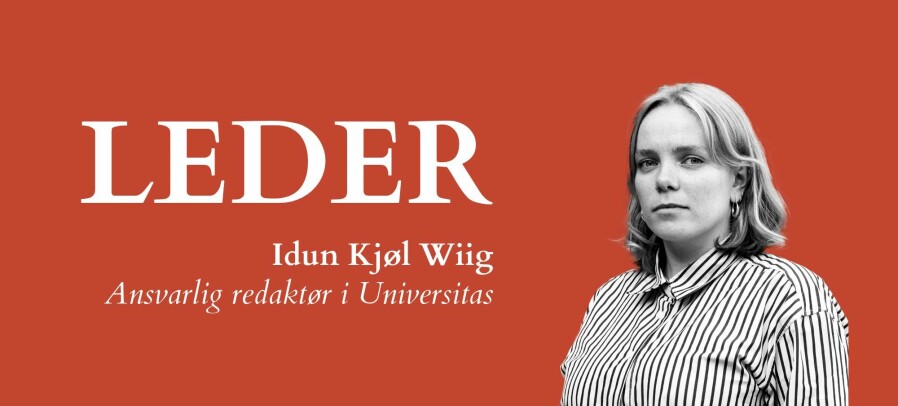
Shortage of political will

There has to be another language included in the discussions surrounding the potential abolishment of African Studies South for the Sahara. There has to be an incorporated language that shows that within the tier of University leadership there exists a comprehensive understanding of the role this university, and other institutions. The one in which they play an important part in forming and contributing to the intellectual and social understanding of world processes, both specific and general. While unavoidable and important terms such as one-man courses, budgets, long-term academic priorities, financial regulations and the likes focus the way in which the University shall analyse and deal with the process of subject formation, there should concomitantly be a stream of thought expressed in words. Words like social and political relevance, holistic university offers, interdisciplinary and intercultural importance.
There has to exist an objective political profile sided with that which is purely number punching. It has to coexist with ones academic profile – sometimes problematically, but most times harmoniously. It is when it becomes problematic, that it opens for the university to look introspectively, to look upon its pillars so as to evaluate the road ahead, with the world’s current and historical political and social processes as its backdrop. When the university seemingly regards such processes from only a technical, practical pool of terms, it is as if the institution loses its «soul» as it were, it loses the ideal and socially relevant basis it *must* have and enshrouds itself in a bureaucratic vacuum that neglects its own purpose and importance. This world of language has to be present at all times.
Particularly concerning this debate. Africa does not go away. It does not retire nor exist only when someone is looking. A strongly rooted Africa profile *must* exist at the university, whether Erik Solheim got the picture and created a seminar this year, and another minister another year does not. The second largest continent of the world cannot be further minimised to form place as a sub-section of another subject.
It would be safe to say that creating a more comprehensive politic for Africa would be in line with political and economic process of this decade. And yet, we of the African Student Union feel that the university’s doctrine should encompass a more universal and general line of politic that endeavours to be inclusive and comprehensive enough no matter what the social trends, but because an institution of higher learning endeavours to inform its followers of subject-related information from *all over the world*. That sometimes the importance of academic width triumphs over the bottom line. Forgive us for criticising the institution for being frighteningly Eurocentric, we have heard the murmurs in the corridors about the potential shutting down of European studies, which in and of itself in another matter. The issue in our minds is only slightly comparable. European studies have a stronger academic and institutional fundament with our geographical position as a natural strength. It is also not weighted down by a historical legacy of neglect.
How does the country’s largest institution regard itself as reputable when it can even consider removing, instead of increasing funds and resources to the strengthening and manifestation of interdisciplinary studies within an African and global context? As has been documented before, the University does not have a shortage of Africa-researchers. It seems, only a shortage of political will. And in all terms and language, that is something we cannot afford to lose.
































